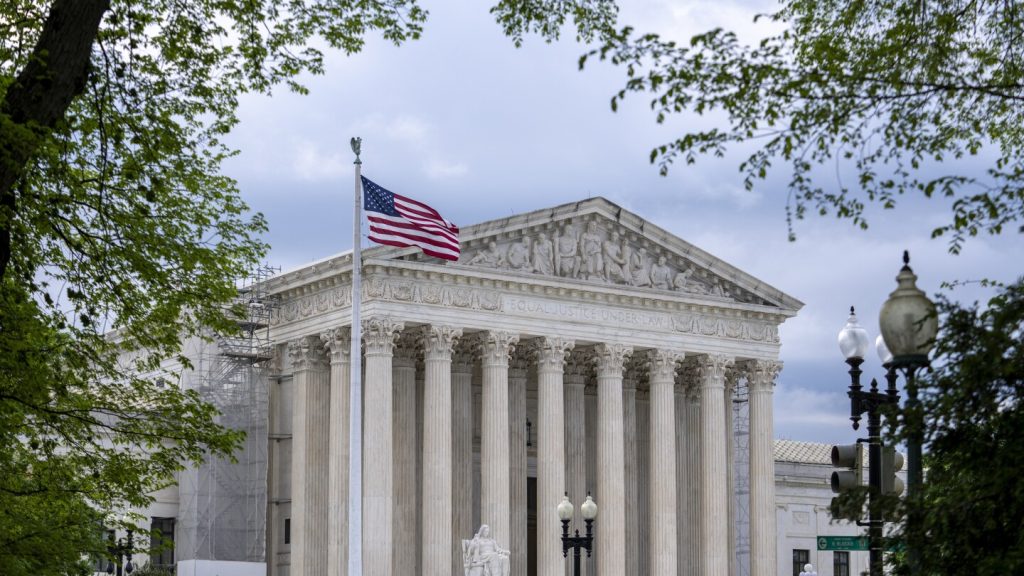The Supreme Court declined to hear a challenge to a Maryland law banning certain semi-automatic firearms commonly known as assault weapons. The court did not provide a reason for the denial, but it would have been unusual for the justices to take up the case at this stage since a lower court is still considering it. The Maryland plaintiffs, which include gun rights groups, argued that banning these weapons violates the Second Amendment, especially after a recent Supreme Court decision that expanded gun rights. However, Maryland’s attorney general cited mass shootings involving these weapons as a reason for the ban, calling them “highly dangerous, military-style” firearms.
The law in question has a history with the Supreme Court, as the justices previously declined to hear a challenge in 2017. However, the court’s current conservative majority has since ordered lower courts to reevaluate the measure in light of a 2022 ruling that changed the test for evaluating the constitutionality of gun laws. The 4th Circuit Court of Appeals is still reviewing the case, and Maryland argued that the lower court should be allowed to issue a decision before any potential Supreme Court action. The plaintiffs, on the other hand, criticized the appeals court for taking too long, including a decision to move the case before the full circuit court.
Maryland passed the gun-control measure following the Sandy Hook Elementary School shooting in 2012, where 20 children and six adults were killed in Connecticut. The law bans dozens of firearms categorized as assault weapons and imposes a 10-round limit on gun magazines. Ten states and the District of Columbia now have similar laws commonly known as assault weapons bans, according to the gun-control group Brady. In addition to the Maryland case, the Supreme Court is also considering an appeal over a similar law in Illinois but did not take action on that case on Monday.
The Maryland case raises important questions about the constitutionality of banning specific types of firearms and the balance between gun rights and public safety. The gun rights groups argue that banning semi-automatic weapons like the AR-15 infringes on their Second Amendment rights, while Maryland contends that these weapons pose a significant danger due to their military-style features. The outcome of this case could have broader implications for gun laws across the country, especially in states with similar assault weapons bans. The decision by the Supreme Court not to intervene at this stage suggests that they may be waiting for the lower court to issue a ruling before potentially taking up the case.
The ongoing debate over assault weapons bans highlights the complexities of addressing gun violence in the United States. While advocates argue that such laws are necessary to prevent mass shootings, opponents claim that they unfairly target law-abiding gun owners and infringe on their constitutional rights. The Supreme Court’s role in determining the constitutionality of these laws is essential in shaping the future of gun control measures in the country. As the legal battle over the Maryland law continues, both sides are closely watching for any developments that could impact the regulation of semi-automatic firearms and the broader debate over gun rights and public safety.


